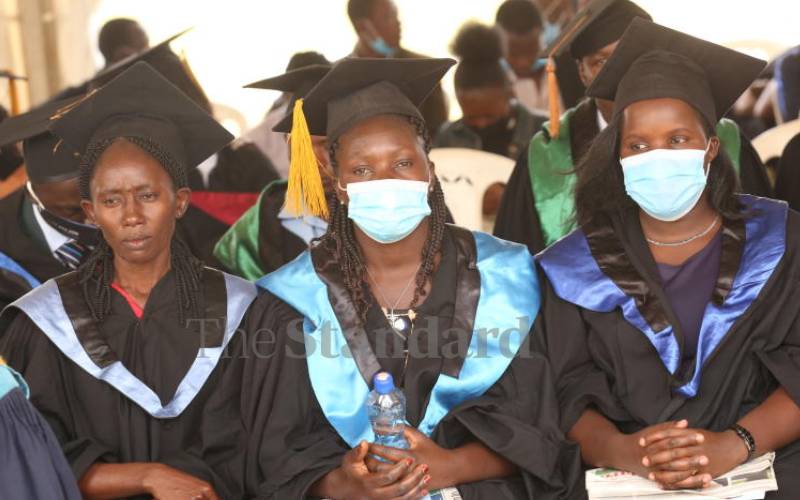×
The Standard e-Paper
Home To Bold Columnists

The Universities Fund is looking for Sh400 million to effectively discharge its functions. The funding agency is underfunded by the exchequer, according to their 2021 – 2026 strategic plan that was made public last week.
According to the strategic plan, they received Sh46.22 million in the 2020/21 financial year, the amount the agency says is not enough for them to achieve their mandate.







